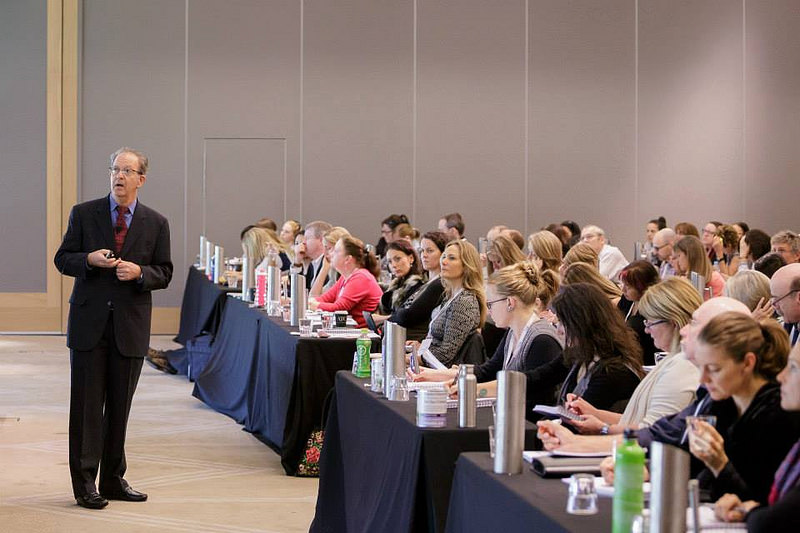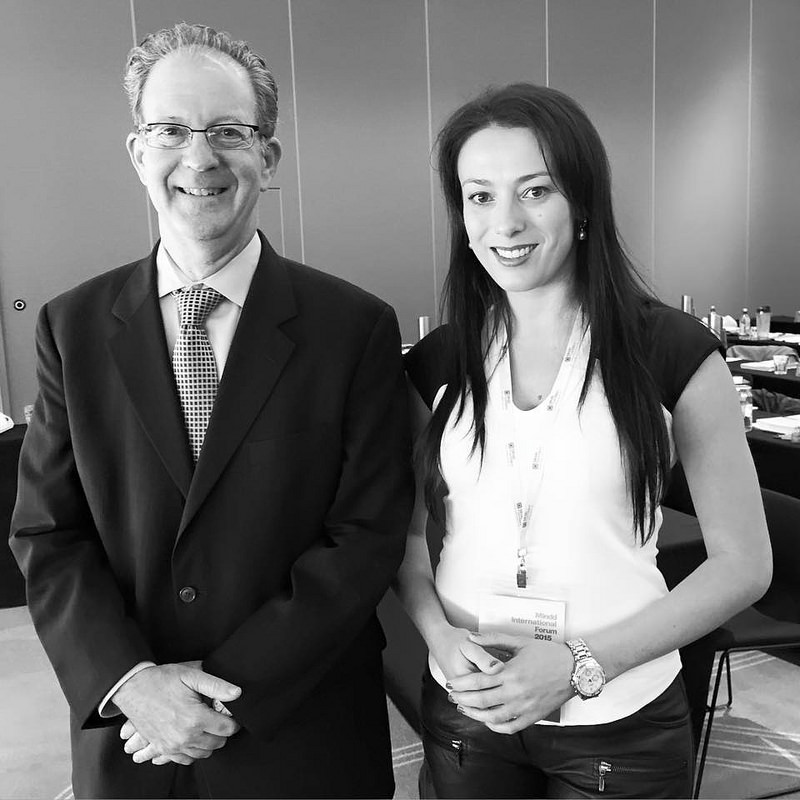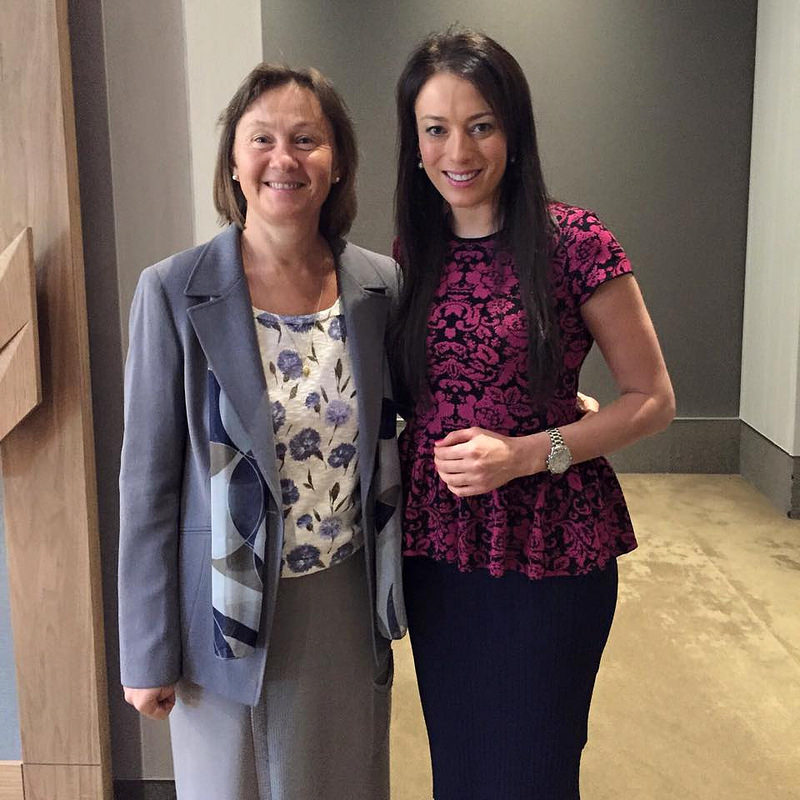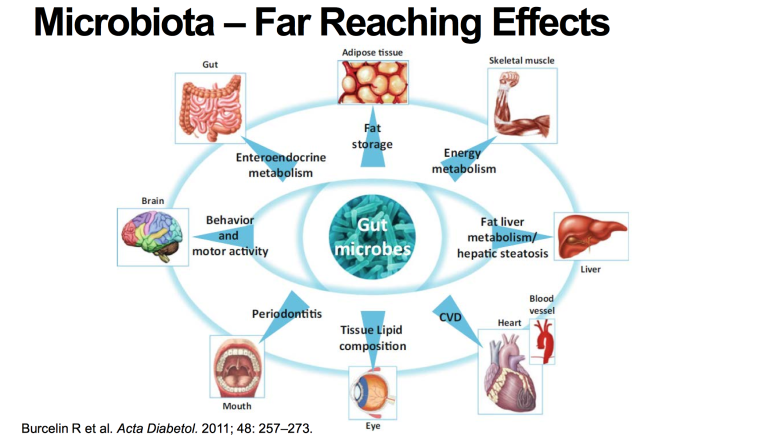Overcoming Digestive Crisis!
You all know that I am so passionate about gut health.
You may wonder why is this so? What got me into exploring this research ? What got me into this line of work?
I was a premature baby, never breast fed, and I was sick and medicated for most of my childhood and early adulthood. I have written about this before, but I am revisiting this chapter, as I want to make a point here. When I was young I had countless urinary tract infections, belly pains and infections of all sort were always present. Antibiotics were my best friends. I took tonnes of these. This followed through to my early 20’s, where I didn’t feel healthy at all. Thanks to my nutritional education, now I have managed to live a relatively healthy adulthood on a organic whole food diet. I did still have some problems falling pregnant, as at the time I had food sensitivities, IBS and SIBO, stomach ulcers and so on. I gave birth to a healthy child who developed a urinary tract infection in the first year of his life, as well as a sensitive digestive system, and notable language delays. These are little signs that most people would miss, but I didn’t. I took my 18 month old child off grains and dairy and noticed he could speak! I investigated it further and come onto a new type of knowledge… apparently GUT BACTERIA impacts on our digestive health and our digestive health impacts on our health in general, our brain functions, immune system functions, and development! What? Did I hear it right? Digestive health impacts on child development? And what is gut bacteria? What’s microbiome? I wanted to investigate all of this! I discovered GAPS and I put my child and myself on the dietary protocol for the GAPS diet. I realised that YES, rebalancing gut microbiome improves digestive health and this in turn improves general health, mood, and development. Now, all of my digestive issues are a distant memory, and I am happy to keep it that way.
Prior to my own struggle, I watched my father suffering from some sort of intestinal disease when I was young. He was undiagnosed, who knows exactly what he was suffering from for an entire lifetime. In those days science knew little about gut disorders. I know for a fact that he had food intolerances. He was also hospitalised many times for intestinal issues and operated on twice due to acute intestinal infections. At the age of 44 he developed bowel cancer and died at the age of 45. My older brother also has had food intolerances and digestive issues ever since he was born. He has now developed depression which is linked in research to poor digestive health. Just like me he wasn’t breast fed and was medicated heavily with antibiotics. Research shows that both these things impact the gut flora negatively.
For the first time in my life I have connected the dots and I can see how my family health history brought me here. The realisation that I passed my damaged bacterial flora to my child, who showed signs of gut issues right from the start of his life, and how this impacted on his development, was pretty much the most important discovery in my life. I am a mother, so obviously my child is my top priority!
I feel empowered for taking action and managing to help my son to get better. By rebalancing his microbiome, his gut functions have improved and this has optimised his chances for healthy development. Most importantly, I wish for him to stay healthy and for none of my family gut troubles will bother him.
As you can see this family health history illustrates all the different ways that bad gut health can have a variety of implications. I hope that this personal story may help some of you out there connect the dots also. There may not be an obvious connection between the presenting problem and your gut health, but it is worth thinking outside of square and looking deeper for answers and solutions.
Recently I decided to upgrade my qualifications and see what’s new in the world of gut health and microflora. So I spoiled myself with Digestive Health and Disease seminar by Eagle in Melbourne, and MAPS practitioner training provided by Mindd Foundation in Sydney. I am now holding The Medical Academy of Pediatric Special Needs (MAPS) certificate. It is a clinic-focused, evidence-based training for practitioners wanting to be among the best-prepared clinicians in the field of complex Pediatric conditions including : asthma, allergies, ADHD, autism, infections, Down Syndrome and a range of psychoneurological conditions that impact on development, learning, mood, behaviour, sleep and eating.
 Mindd Practitioner Training, Sydney May 2015
Mindd Practitioner Training, Sydney May 2015
 Dr. Jerrold J. Kartzinel, MD, U.S. Based Pediatrician and Dorota Trupp, Melbourne based Nutritionist
Dr. Jerrold J. Kartzinel, MD, U.S. Based Pediatrician and Dorota Trupp, Melbourne based Nutritionist
 Dr Natasha Campbell McBride, MMedSci (Neurology & Nutrition) from The Cambridge Nutrition Clinic, UK and Dorota Trupp, Melbourne based Nutritionist
Dr Natasha Campbell McBride, MMedSci (Neurology & Nutrition) from The Cambridge Nutrition Clinic, UK and Dorota Trupp, Melbourne based Nutritionist
I loved the new information that I have been absorbing, and today I wanted to share with you a few tips that may be handy to know in times of your digestive crisis! There is a lot to share but today am focusing on what’s new in the world of microbiome.
If you are experiencing digestive issues, know that there are trained practitioners out there that can help you overcome your challenges quicker.
The best people to look for are Nutritionists and Naturopaths or Integrated Medicine Doctors that specialise in gut health, and/or certified GAPS practitioners. I clearly state natural medicine practitioners / integrative Med Dr, because I have seen people going through conventional medicine treatments for years wasting their money and time and not really getting any better.
The treatment process goes like this:
There will be few specific tests that can be done, which can check on what state your gut is in. We look at the microbiome, gut lining, digestive capacity, as well as looking into food intolerances. We usually prescribe diets and supplements that will address the cause of the trouble. Most of the time we focus on shifting the microbiome balance and restoring the functions of the digestive tract. The treatment can take a few months but it is worth a try. From my observations and experience, digestive issues don’t improve spontaneously, rather they worsen over time and undermine your health on so many levels.
So lets look at a few basics…
What is the Microbiome?
- It is the collection of all microorganisms living within the human body
- 10 x more bacterial cells than human cells
- Many more bacterial genes than the human genome
- A healthy adult on average carries 1.5–2 kilograms of bacteria in their gut. These bacteria are not just a chaotic microbial mass, but rather they make up a highly organised micro-world. Just like any other subsets of the animal kingdom, certain species dominate and control others.
How are these microbes are beneficial to our health?
- Metabolise vitamins
- Breakdown food components
- Increase pathogen recognition by immune cells
- Produce anti-inflammatory compounds
- Maintain health of the intestinal epithelium
- Changes in the composition of our microbiomes correlate with numerous disease states, raising the possibility that manipulation of these communities could be used to
treat disease.
Your gut flora has far more functions than you can imagine, so lets look at what the latest research reveals:
Some juicy finding’s that I have found interesting:
- Dysbiosis (overgrowth of bad bacteria) is linked to systemic inflammation, many disease states, as well as food intolerances and immune system dysfunction.
- People with IBS (Irritable Bowel Syndrome), IBD (Inflammatory Bowel Disease), or colon cancer, have different microbiota in comparison to healthy individuals. In short they have overgrowth of pathogenic bacteria and decreased levels of beneficial bacteria in their guts.
- Diet, exercise, sleep, and stress all affect the composition of gut bacteria.
- People with balanced diet, such as Mediterranean diet, have a better bacterial composition in their gut than someone who is on high sugar/fat Western diet.
- Exercise increases the Microbiota (beneficial bacteria), while a sedentary lifestyle decreases the microbiota content.
- Sleep alters the microbiota, the better we sleep the more balanced our bacteria is.
- Stress alters our microbiota : Decreasing Lactobacillus app. And increasing pathogens.
- Diet impacts on microbiota, for example; a bad diet can grow specific bacteria in your gut that helps you stay obese! This makes losing weight difficult. Change of diet and shifting your microbiota balance needs to be addressed in weight loss treatment.
- Specific pesticides in conventionally grown food impact negatively on microbiota.
- Autoimmune diseases such as diabetes, rheumatoid arthritis, muscular dystrophy, multiple sclerosis, and fibromyalgia are associated with dysfunction in the microbiome
- Disease-causing microbes accumulate over time, changing gene activity and metabolic processes, resulting in an abnormal immune response.
“Autoimmune diseases are more likely passed in families due to inheritance of the familial microbiome…
…than inheritance of Mendelian genetic abnormalities.”
I will leave you with this information for today. I hope you enjoyed it and I am looking forward to sharing more of what I have learnt with you in the next few weeks.
Stay well.




